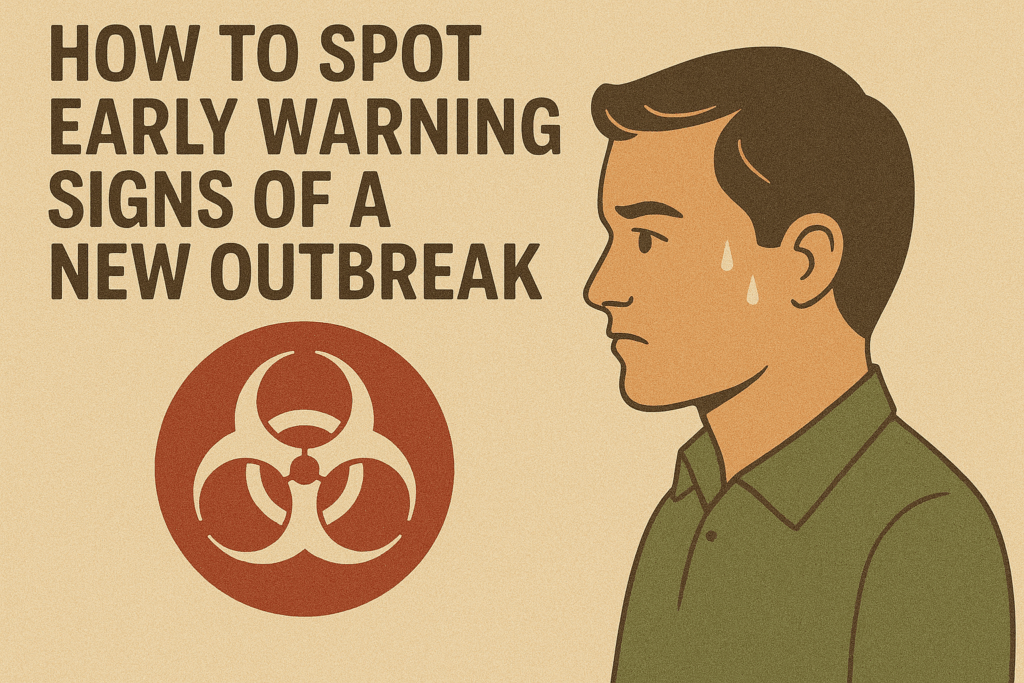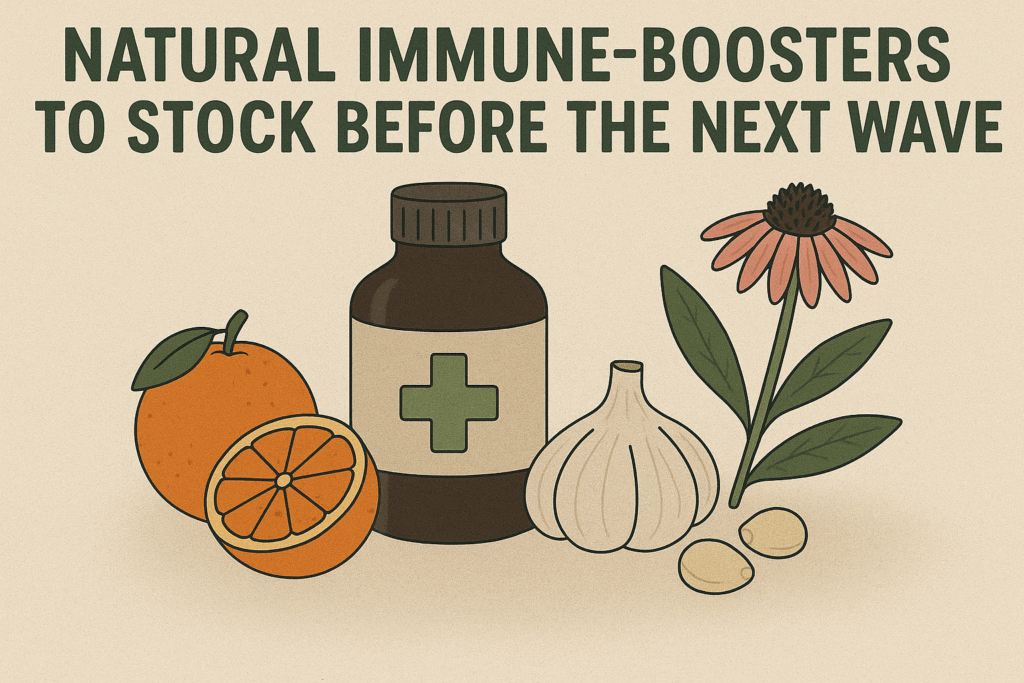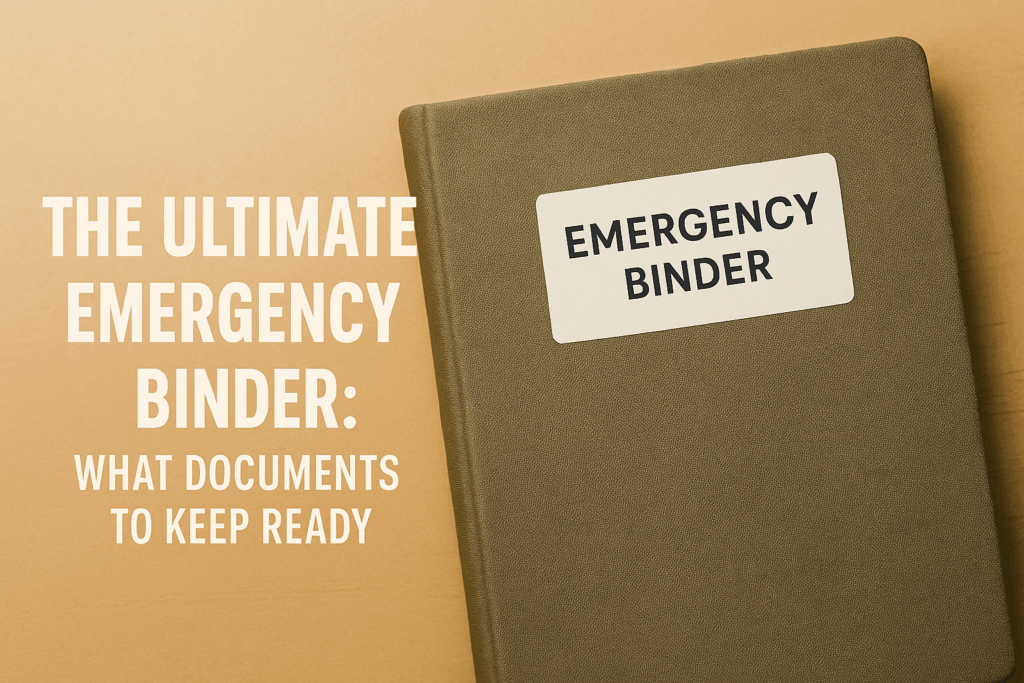We’ve all lived through (and are still living through) a global pandemic, and let’s face it—it changed how we see the world. One big lesson? Early awareness can make all the difference. Knowing how to recognize pandemic early warning signs can help you prepare calmly and respond wisely, rather than react with panic. Whether you’re a parent, caregiver, or just someone trying to stay informed, it’s empowering to understand what to watch for. And no, you don’t need a medical degree or government intel. Just a bit of observation, curiosity, and some credible sources can help you spot trouble before it snowballs.
Unusual Illness Clusters in Local News
One of the earliest pandemic early warning signs is local media coverage of unexplained or sudden illness clusters. If you start hearing about a growing number of people getting sick in one area—with similar symptoms and no clear cause—that’s worth paying attention to. These reports often come out before official statements, and they can offer critical lead time. For example, stories about packed ERs, sudden school closures, or mystery fevers in your city could be early clues. Staying tuned into regional news—not just national—can help you spot patterns before they’re mainstream headlines.
Sudden Shortages in Pharmacies or Grocery Stores
If you walk into your local drugstore and suddenly see empty shelves—especially where cold meds, thermometers, or masks used to be—take note. Sudden supply issues, particularly in health-related items, often reflect community concern over illness. While not proof of an outbreak, it’s one of those pandemic early warning signs you shouldn’t ignore. Likewise, if certain staples start disappearing fast (think canned foods, disinfectants, or even toilet paper), it could mean people are prepping quietly for a disruption. The earlier you notice these shifts, the more time you have to calmly stock up on essentials without the chaos.
Health Officials and Whistleblower Alerts
Sometimes the first flags don’t come from the public—they come from health professionals. Pay attention to updates from local health departments, the CDC, or the WHO. Early statements might sound vague, but phrases like “monitoring a situation,” “unexplained respiratory illness,” or “novel pathogen” are important. On the flip side, whistleblowers or concerned professionals may sound the alarm before agencies do. These alerts—while sometimes dismissed at first—have historically been among the earliest pandemic early warning signs, as seen in COVID-19’s early days. Be curious and cautious, but not alarmist—information is power.
Online Buzz and Unverified Reports
The internet is a double-edged sword when it comes to pandemic early warning signs. On one hand, people on social media often report symptoms and situations in real-time, long before media outlets do. On the other hand, misinformation spreads fast. So while it’s useful to scan forums, Reddit threads, or neighborhood groups for patterns—like multiple people posting about the same weird illness—take everything with a grain of salt and cross-reference with reliable sources. These grassroots signals can offer a heads-up, but always balance them with facts, not fear.
Changes in Government or International Travel Policies
Another subtle but telling signal is when countries start altering travel guidelines or imposing health checks at borders. If you notice restrictions going up—especially in response to a new illness or regional outbreak—that’s one of the classic pandemic early warning signs. These moves often happen quietly at first and are based on data we don’t always see right away. Watching these changes can give you insight into what governments are preparing for and when you might want to adjust your own plans or routines accordingly.
Final Thoughts
Recognizing pandemic early warning signs doesn’t mean living in fear—it means staying informed and ready. By keeping an eye on local trends, observing supply shifts, listening to experts, and using common sense online, you’re taking steps to protect your loved ones. Remember: knowledge is calming. The earlier you understand that something might be brewing, the more time you have to prepare thoughtfully. And the more we all stay informed, the stronger and more resilient our communities become—one small, aware step at a time.




